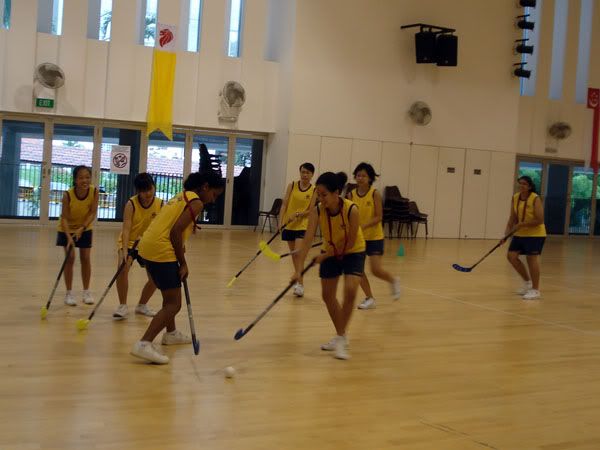As Michael Gove attended the conference for the National Union of Headteachers he appeared to be taken aback by jeering and heckling aimed at him by the members of the union. During the question and answer session Gove was ruffled by ironic laughter and groans that were the frequent response to his answers.
The National Union of Head Teachers passed a ‘no confidence’ motion in the policies proposed and adopted by Gove, however, he remained steadfast in his belief in the policies and stated that he was striving for higher standards in schools.
When informed that, under his policies, teachers were suffering from stress due to SATs and OFSTED inspections, his response was less than sympathetic. Even when headteachers told him of their own experiences, including feeling that they were working within an environment of ‘bullying and fear’ whilst waiting for OSTED inspections and the subsequent results. Another example of the stress was reported by a headteacher who explained that in her school a governor with 20 years of experience ‘dissolved into tears’ when the school had to cope with SATs and OFSTED in one week. Still Gove seemed unmoved, even though the stress caused by his policies is shown to be affecting not only paid members of schools but also volunteers such as school governors.
Rather than accepting that his policies have caused upheaval and stress, and conceding that he could consider revising them, Gove instead insisted that the problem was that he had not communicated his ideas effectively. He would not be making any changes to his policies whether or not there was a problem with him expecting high standards and this was causing stress.
The overwhelming feeling that came from the question and answer session was that Gove was uninterested in the levels of stress that school staff were facing. He would not change his policies simply because headteachers were suffering and did not wish to work with people who were not happy to be constructive rather than just critical.
The general secretary of the National Union of Head Teachers, Russell Hobby, described the session as ‘bruising’. It is not just the National Union of Headteachers who have lost confidence in the government’s plans for the education system. The three biggest teachers’ unions, ATL, NUT and NASUWT, have also been vocal about their dislike of the policies and are planning regional strikes in response to the continuing dispute over pay, pensions and workloads.
It would appear that Gove has made his position clear and will not be backing down. It is also clear that the biggest unions in the country are not willing to accept this position and will continue to fight for what they believe teachers deserve. Evidently, a rough journey lies ahead, whatever the outcome and whoever ends up being victorious.



